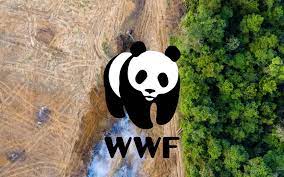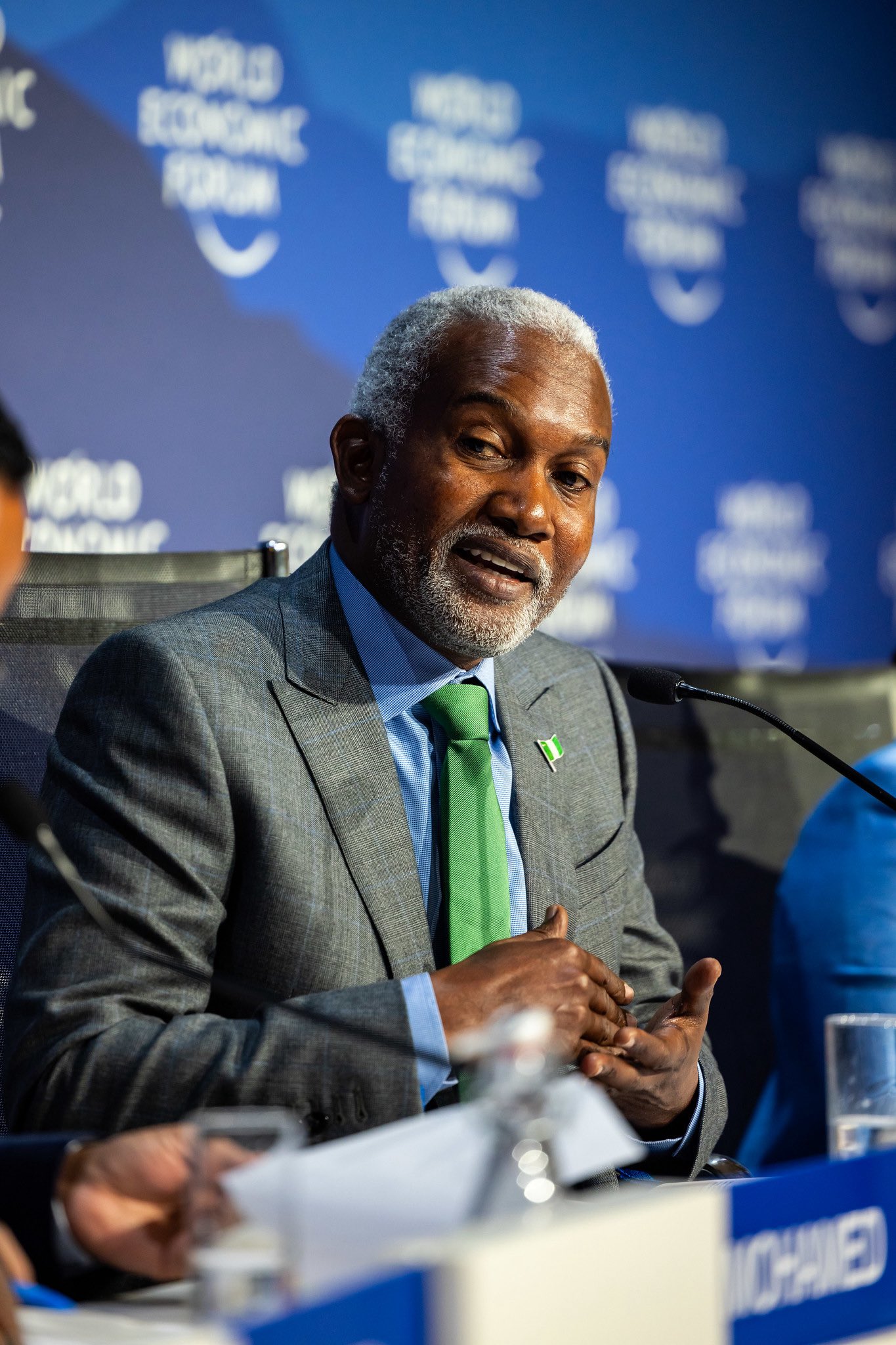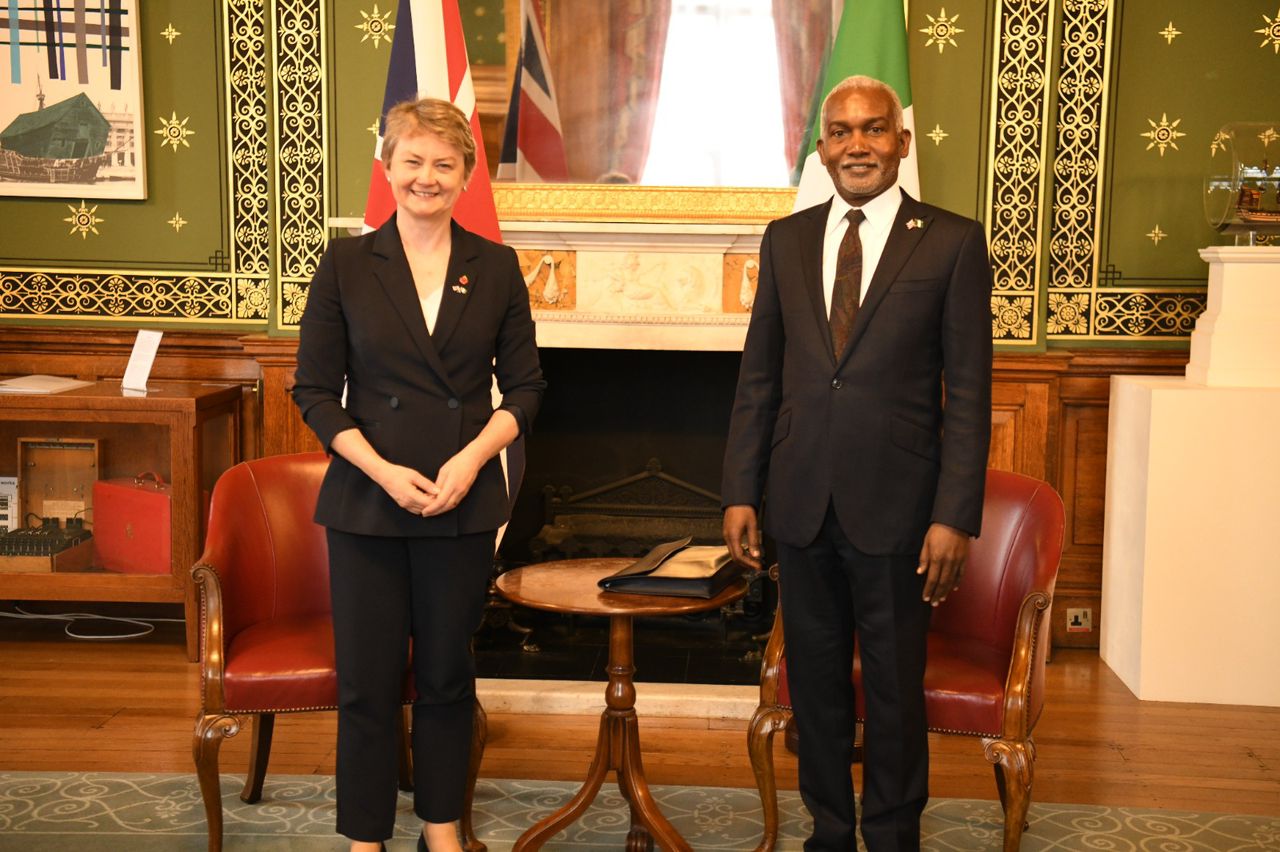COP15: Global Deal To Reverse Nature Loss By 2030 Agreed

TUNJI BALOGUN/North America Correspondent
Two years later than planned, due to delays caused by the COVID pandemic, WWF welcomes the adoption of the Kunming-Montreal Agreement, committing the world to halting and reversing biodiversity loss by 2030 – a global goal hailed as the equivalent to climate’s 1.5C.
Adopted by 196 countries under the UN Convention on Biological Diversity, WWF welcomes the agreement’s target to conserve at least 30% of land, freshwater and ocean globally, while respecting the rights of indigenous peoples and local communities and recognizing the contributions of indigenous and traditional territories towards the target’s tally.
However, WWF warns that the agreement’s goal of reversing biodiversity loss by 2030 could be undermined if weak language in critical areas such as the protection of intact ecosystems and tackling unsustainable production and consumption is not addressed at the national level.
“Agreeing a shared global goal that will guide collective and immediate action to halt and reverse nature loss by 2030 is an exceptional feat for those that have been negotiating the Global Biodiversity Framework, and a win for people and planet. It sends a clear signal and must be the launch pad for action from governments, business and society to transition towards a nature-positive world, in support of climate action and the Sustainable Development Goals,” explains Marco Lambertini, Director General, WWF International.
“The agreement represents a major milestone for the conservation of our natural world, and biodiversity has never been so high on the political and business agenda, but it can be undermined by slow implementation and failure to mobilize the promised resources. It also lacks a mandatory ratcheting mechanism that will hold governments accountable to increase action if targets are not met. We must now see immediate implementation of this agreement, no excuses, no delays – nature and all of us who rely on it for our livelihoods, economies and wellbeing have waited long enough, it’s time for nature to thrive again. Governments have chosen the right side of history in Montreal, but history will judge all of us if we don’t deliver on the promise made today,” adds Lambertini.
One of the most contentious issues in the negotiations was the finance package to support conservation efforts globally, and particularly in developing countries.
WWF therefore commends the commitment from governments to eliminate subsidies harmful to nature, and the wider commitment to substantially and progressively increase the level of financial resources from all sources by 2030, mobilizing at least 200 billion USD per year. This represents roughly a doubling from a 2020 baseline. A major achievement is also the commitment to 20 billion USD in international finance flows by 2025 and 30 billion by 2030.
“The Kunming-Montreal Agreement adopted today gives nature a fighting chance at recovery in a world currently divided by geopolitics and inequality. WWF is particularly encouraged to see the language on species has improved substantially in the final agreement. A commitment to halt the extinction of species by 2030 is the minimum level of ambition required in the face of past failures and an accelerating extinction crisis,” says Lin Li, Senior Director of Global Policy and Advocacy at WWF International.
“The agreement’s mission to halt and reverse biodiversity loss by 2030 has the right level of ambition, but if we add up the goals and targets they alone aren’t enough to achieve this. For example, it lacks a numerical target to reduce the unsustainable footprint of production and consumption. This is disappointing and will require governments to take action at the national level. Nevertheless, we’re hopeful. Two weeks’ ago, we had a mountain of differences to resolve. Today, we leave with an agreement that starts, at least, to heal our relationship to nature,” adds Li.
It will now be essential that countries deliver on the Kunming-Montreal Agreement. This includes translating it into ambitious national plans and policies commensurate with the scale of the nature crisis. Countries must update national biodiversity strategies and action plans to align them with the global goal of reversing biodiversity loss by 2030.












